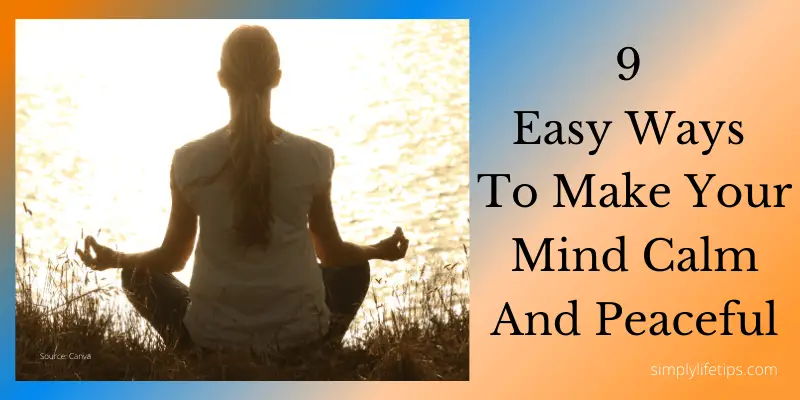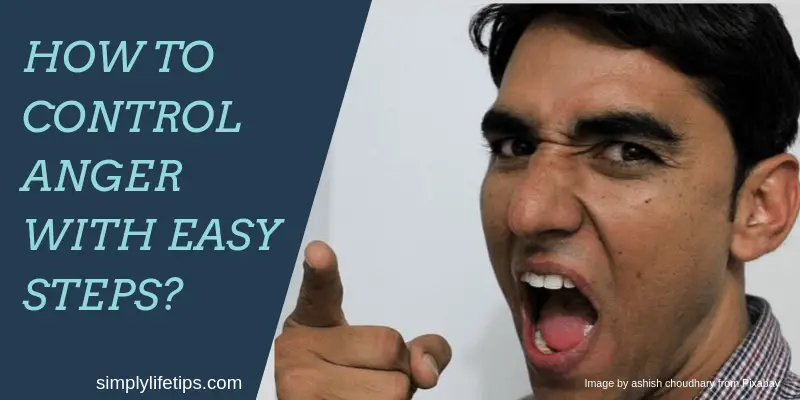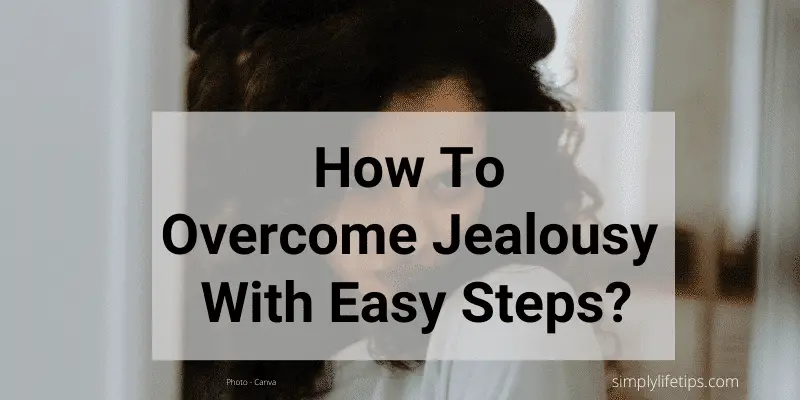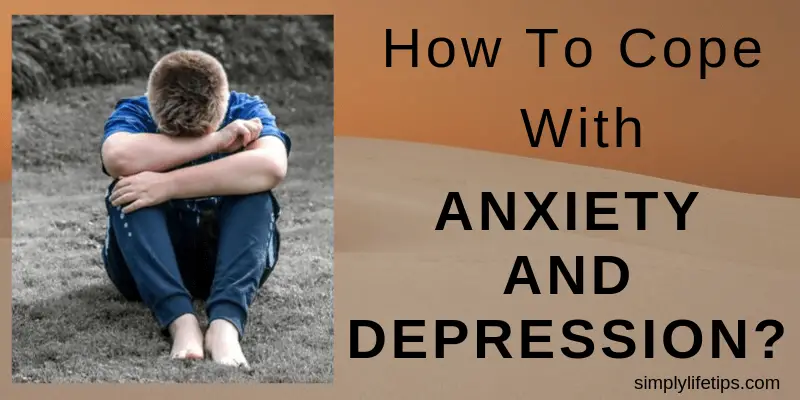The Power of Vulnerability is often misunderstood as a weakness, yet it is one of the most powerful tools for emotional growth, connection, and personal transformation. Vulnerability is the courage to show up, even when we don’t know what the outcome will be. It’s the willingness to expose our true selves—imperfections, emotions, and all—without the need for validation or perfection. In this blog, we will explore how embracing vulnerability can lead to deeper connections, stronger relationships, and an empowered life.
The Power Of Vulnerability | Brené Brown | TED
A couple of years ago, an event planner reached out to me about an upcoming speaking engagement. She explained that she was struggling with how to describe me on the flyer. “What’s the problem?” I asked. She said, “I saw you speak, and I was thinking of calling you a researcher, but I’m worried people might find that boring or irrelevant.” I laughed and thought, “Okay, fair enough.” She continued, “But what I liked about your talk is that you’re a storyteller. So I think I’ll just call you a storyteller.”
The academic side of me, feeling a little insecure, responded, “You’re going to call me a what?” “A storyteller,” she said. I jokingly replied, “Why not ‘magic pixie’?” I paused and thought about it. You know, maybe I am a storyteller after all. I collect stories as a qualitative researcher. And maybe stories are just data with a soul. So I told her, “You know what? Just call me a researcher-storyteller.” She laughed and said, “There’s no such thing.”
And here I am, a researcher-storyteller, ready to share some stories that changed my perception of life and how I approach work, love, parenting, and everything in between. It all started back when I was a young doctoral student. One of my professors told us, “If you can’t measure it, it doesn’t exist.” I thought he was joking, but he was serious. You see, my background is in social work. My entire academic journey was spent around people who believed in embracing the messiness of life, while I was the type who wanted to organize that mess and put it in neat boxes.
At the time, I thought I had found my career, because, like many in social work, I was passionate about connection. Connection is the thread that ties us together and gives our lives meaning. It doesn’t matter what field you’re in—mental health, social justice, abuse prevention—connection is what we’re wired for. So, I dove into my research, focusing on connection. But, as is often the research case, things didn’t go as planned. I found that when you ask people about love, they talk about heartbreak. When you ask about belonging, they tell you about being excluded. And when you ask about connection, they tell you about disconnection.
Six weeks into my research, I encountered something that completely unravelled my understanding of connection—something I had never seen before. It turned out to be a shame. Shame is the fear of disconnection. It’s that feeling of, “If people knew me, would they still accept me?” The more I explored shame, the more I realized that the only people who don’t experience it are those with no capacity for empathy or connection. And no one wants to talk about it. The less you talk about it, the more it controls you.
At the heart of shame is vulnerability. To connect, we have to be willing to be seen—really seen. And let me tell you, I hated vulnerability. I thought I could control and measure everything in research, and I had no interest in being vulnerable. So I dove deeper into my research, determined to understand shame, vulnerability, and how they affected our sense of worthiness. But what I found changed everything.
After years of research, hundreds of interviews, and thousands of stories, one thing became clear: the people who had a strong sense of love and belonging, the ones who felt worthy of connection, had one thing in common. They believed they were worthy of love and belonging. That’s it. It’s that simple, but so difficult to grasp.
When I looked at people who lived in a place of worthiness, I noticed three things they had in common: courage, compassion, and connection. They dared to be imperfect, had the compassion to treat themselves kindly, and could connect authentically by letting go of who they thought they should be. And they fully embraced vulnerability. For them, vulnerability wasn’t something to fear, it was something to embrace. They understood that it was through vulnerability that they could experience joy, creativity, love, and belonging.
As for me, my journey wasn’t as easy. I didn’t embrace vulnerability willingly. I fought it for an entire year, a year-long struggle. But eventually, I realized that vulnerability wasn’t something to control or predict—it was something I had to surrender to. And when I did, I got my life back.
Through my research, I discovered that we numb vulnerability because we fear it. We try to avoid the feelings of shame, fear, disappointment, and grief, but we can’t selectively numb emotions. You can’t numb the bad stuff without numbing the good stuff too. And that’s where we find ourselves in a world of addiction, debt, and emotional disconnection.
In a way, my research led me to an awakening, a realization that vulnerability is essential to truly connecting with others and living a meaningful life. And now, I want to share what I’ve learned about embracing vulnerability, authenticity, and the power of connection. Because, as I’ve learned, it’s through these things that we find our worthiness.
The Power Of Vulnerability In Relationships

The Power of Vulnerability can radically transform our relationships with others. Vulnerability allows us to let go of the facade of perfection and embrace authenticity. When we are open about our fears, desires, and struggles, it creates a space for others to do the same. For example, when two people in a friendship or romantic relationship share their true feelings, it strengthens the bond because it fosters trust and mutual understanding. Take the example of two colleagues who once maintained a professional wall between them. When one shares a personal story of overcoming a challenging experience, it opens the door for the other to share their vulnerability. The result is a deeper connection that goes beyond surface-level interactions.
The Power Of Vulnerability In Personal Growth

Personal growth often begins with acknowledging our vulnerabilities. The Power of Vulnerability allows us to see ourselves without judgment and recognize the areas where we need to grow. For instance, someone may be afraid of failure and avoid taking risks because of a fear of looking incompetent. However, by embracing vulnerability, they can acknowledge this fear and take small steps outside their comfort zone. A great example is an individual who has always avoided public speaking. By acknowledging their fear and taking the first step to speak at a small event, they may stumble, but through vulnerability, they learn and grow. This process of stepping into discomfort is where true growth occurs.
The Power Of Vulnerability In Leadership
Effective leaders understand the Power of Vulnerability and how it can inspire those around them. A vulnerable leader admits when they don’t have all the answers and seeks help when needed. This transparency builds trust and shows that it’s okay to make mistakes and learn from them. A real-world example of this is when a CEO shares a personal failure with their team, explaining what they learned from it. Instead of hiding behind an image of infallibility, this leader demonstrates that it’s okay to be human, and in doing so, encourages others to take risks, innovate, and be open about their struggles.
True Leadership: Why It’s About People, Not Power
The Power Of Vulnerability In Mental Health

When it comes to mental health, the Power of Vulnerability is essential in breaking down stigmas and fostering healing. Many individuals struggle with mental health issues in silence because they fear being judged or misunderstood. However, when someone is vulnerable about their mental health struggles, they often find support, empathy, and understanding from others. For example, a person experiencing anxiety might share their feelings with a close friend, opening up about their challenges and fears. This act of vulnerability helps the individual feel less isolated and also encourages the friend to offer support or share their own experiences, creating a sense of shared humanity and connection.
The Power Of Vulnerability In Creativity

Creativity thrives on the Power of Vulnerability. Innovation requires the courage to explore the unknown, and to experiment without the fear of failure or judgment. Artists, writers, and entrepreneurs know that being vulnerable is key to tapping into their most authentic and creative selves. Take, for example, a writer who shares their first draft with a mentor. The vulnerability of opening up their raw work allows for constructive feedback that leads to improvement. In the same way, entrepreneurs must be vulnerable in presenting their ideas to investors, knowing that some may not succeed, but that feedback is invaluable for growth.
The Power Of Vulnerability In Overcoming Fear

Fear is often rooted in a desire to protect ourselves from perceived threats. However, the Power of Vulnerability shows us that embracing our fears and exposing ourselves to what makes us uncomfortable can lead to strength and resilience. Take the example of someone with a fear of rejection who repeatedly puts themselves out there, whether it’s applying for jobs, approaching potential collaborators, or dating. Each instance of vulnerability builds emotional strength and reduces the power of fear over time. By showing up despite fear, they gradually prove to themselves that rejection is not an indication of their worth and that growth lies in facing discomfort.
Overcoming Fear: Embracing Courage On The Path To Success
Conclusion
In conclusion, the Power of Vulnerability is not something to be feared but rather embraced. It is a transformative force that can strengthen our relationships, unlock personal growth, empower leaders, enhance creativity, support mental health, and help us face our fears. By being vulnerable, we open the door to a life filled with authenticity, connection, and limitless potential. So, the next time you feel the urge to hide behind a mask, remember that true power lies in showing up as your true, vulnerable self.
Thank you for taking the time to explore this post. I hope you found it both insightful and enjoyable.
Remember, your sharing can make a positive impact! Please share this post across your social media and other networks, allowing others to benefit from its content.
PVM

Mathukutty P. V. is the founder of Simply Life Tips, a blogger, content writer, influencer, and YouTuber passionate about learning and sharing. Guided by “Simple Living, Creative Thinking,” he believes in the power of knowledge sharing and lifelong learning.





